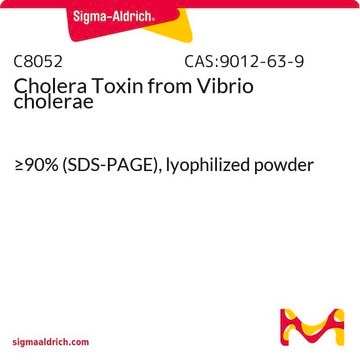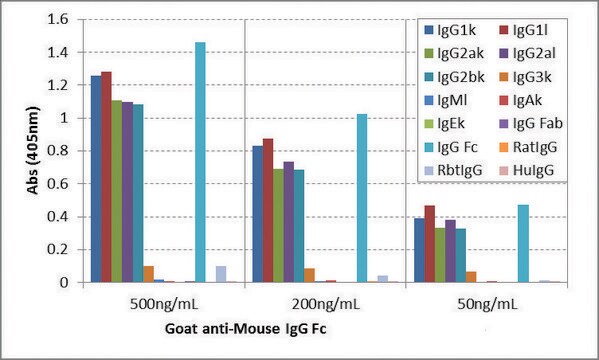H6909
Hydrocortisone solution
50 μM, sterile-filtered, BioXtra, suitable for cell culture
Synonym(s):
17-Hydroxycorticosterone, Cortisol
About This Item
Recommended Products
biological source
non-animal source
Quality Level
sterility
sterile-filtered
product line
BioXtra
form
liquid
concentration
50 μM
technique(s)
cell culture | mammalian: suitable
impurities
endotoxin, tested
pH
5.0- 7.0
shipped in
dry ice
storage temp.
−20°C
SMILES string
C[C@]12CCC(=O)C=C1CC[C@H]3[C@@H]4CC[C@](O)(C(=O)CO)[C@@]4(C)C[C@H](O)[C@H]23
InChI
1S/C21H30O5/c1-19-7-5-13(23)9-12(19)3-4-14-15-6-8-21(26,17(25)11-22)20(15,2)10-16(24)18(14)19/h9,14-16,18,22,24,26H,3-8,10-11H2,1-2H3/t14-,15-,16-,18+,19-,20-,21-/m0/s1
InChI key
JYGXADMDTFJGBT-VWUMJDOOSA-N
Gene Information
human ... ABCB1(5243) , CYP3A4(1576) , NR3C1(2908) , SERPINA6(866)
mouse ... Abcb1a(18671) , Abcb1b(18669) , Ifng(15978) , Nos2(18126)
rat ... Ar(24208) , Nr3c1(24413)
Looking for similar products? Visit Product Comparison Guide
Application
Other Notes
Physical form
related product
Storage Class Code
12 - Non Combustible Liquids
WGK
WGK 1
Flash Point(F)
Not applicable
Flash Point(C)
Not applicable
Choose from one of the most recent versions:
Certificates of Analysis (COA)
Don't see the Right Version?
If you require a particular version, you can look up a specific certificate by the Lot or Batch number.
Already Own This Product?
Find documentation for the products that you have recently purchased in the Document Library.
Customers Also Viewed
Articles
Discover answers to your frequently asked questions about animal component-free, xenobiotic-free, and chemically defined media and reagents for cell culture.
Discover answers to your frequently asked questions about animal component-free, xenobiotic-free, and chemically defined media and reagents for cell culture.
Discover answers to your frequently asked questions about animal component-free, xenobiotic-free, and chemically defined media and reagents for cell culture.
Discover answers to your frequently asked questions about animal component-free, xenobiotic-free, and chemically defined media and reagents for cell culture.
Our team of scientists has experience in all areas of research including Life Science, Material Science, Chemical Synthesis, Chromatography, Analytical and many others.
Contact Technical Service








